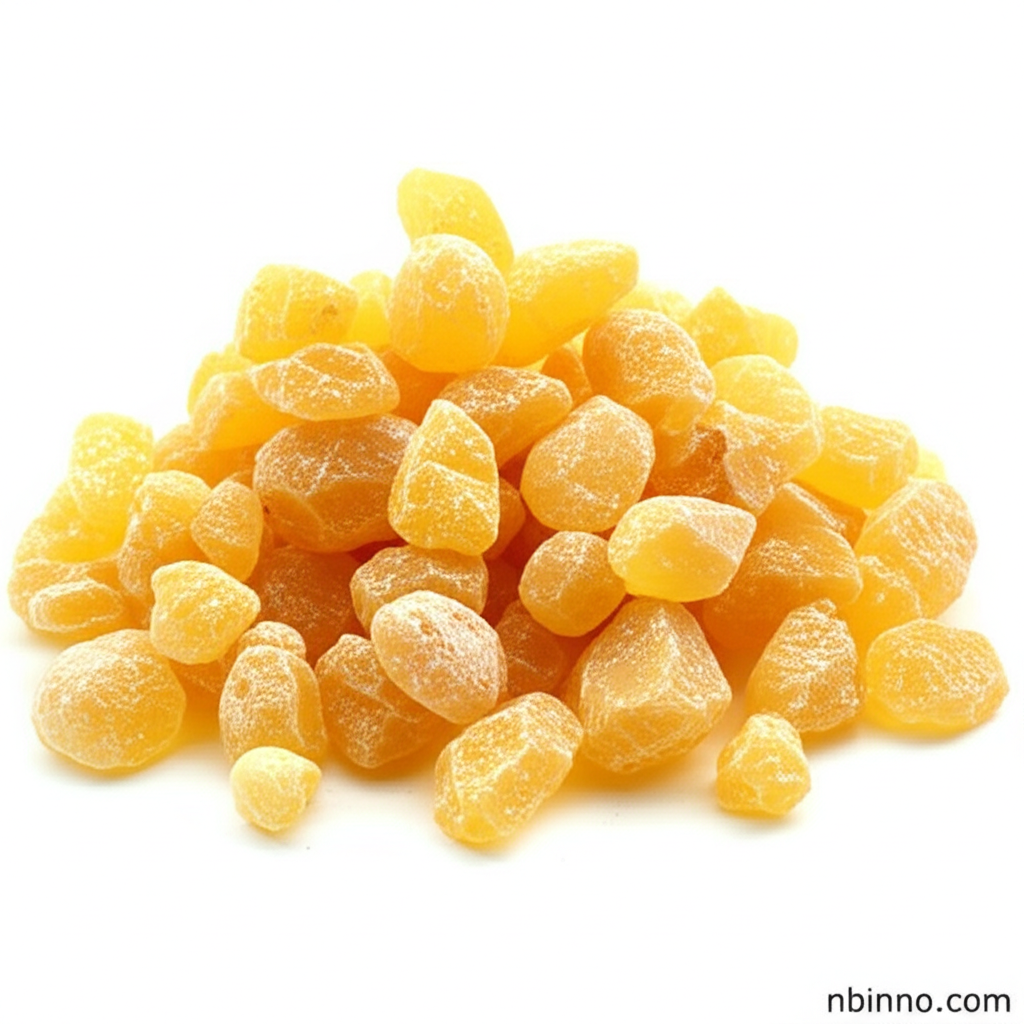High-Quality WW Grade Gum Rosin: Versatile Resin for Adhesives, Paints, and More
Discover the exceptional properties of WW Grade Gum Rosin, a natural resin vital for numerous industrial applications.
Get a Quote & SampleProduct Core Value

Gum Rosin WW Grade
Gum rosin is a natural thermoplastic resin with unique physical and chemical properties, primarily composed of resin acids. It serves as a crucial raw material in a wide array of industrial sectors. Its stable quality and favorable price make it a preferred choice for manufacturers seeking reliable performance in their formulations.
- Explore the benefits of using WW grade gum rosin for adhesive formulations, enhancing bond strength and initial tack.
- Learn how this industrial grade rosin supplier can provide the natural resin tackifier needed for your product development.
- Understand the critical role of gum rosin in paints and coatings, contributing to film formation and durability.
- Discover how rosin for paper sizing improves water resistance and printability, offering significant advantages in paper manufacturing.
Key Advantages
Enhanced Adhesion
As a natural resin tackifier, it significantly boosts the initial tack and overall bond strength in various adhesive formulations, ensuring reliable performance.
Improved Film Properties
In paints and coatings, gum rosin contributes to excellent film formation, enhancing gloss, drying speed, and adhesion to substrates.
Versatile Industrial Applications
Its broad utility spans across industries, acting as a softener in rubber, a sizing agent in paper, and a key component in inks and soaps, showcasing its adaptability.
Key Applications
Adhesives Industry
Utilized as a tackifier in hot melt, pressure-sensitive, and solvent-based adhesives, this gum rosin enhances bond strength and initial tack.
Paint and Coatings Industry
Acts as a fundamental raw material, contributing to bright colors, fast drying, and smooth film properties in paints and varnishes.
Paper Industry
Functions as a papermaking glue, enhancing water resistance, printability, strength, and smoothness of paper products.
Rubber Industry
Serves as a softener, improving the flexibility and processing of rubber compounds, and is essential in producing synthetic rubbers like SBR.
